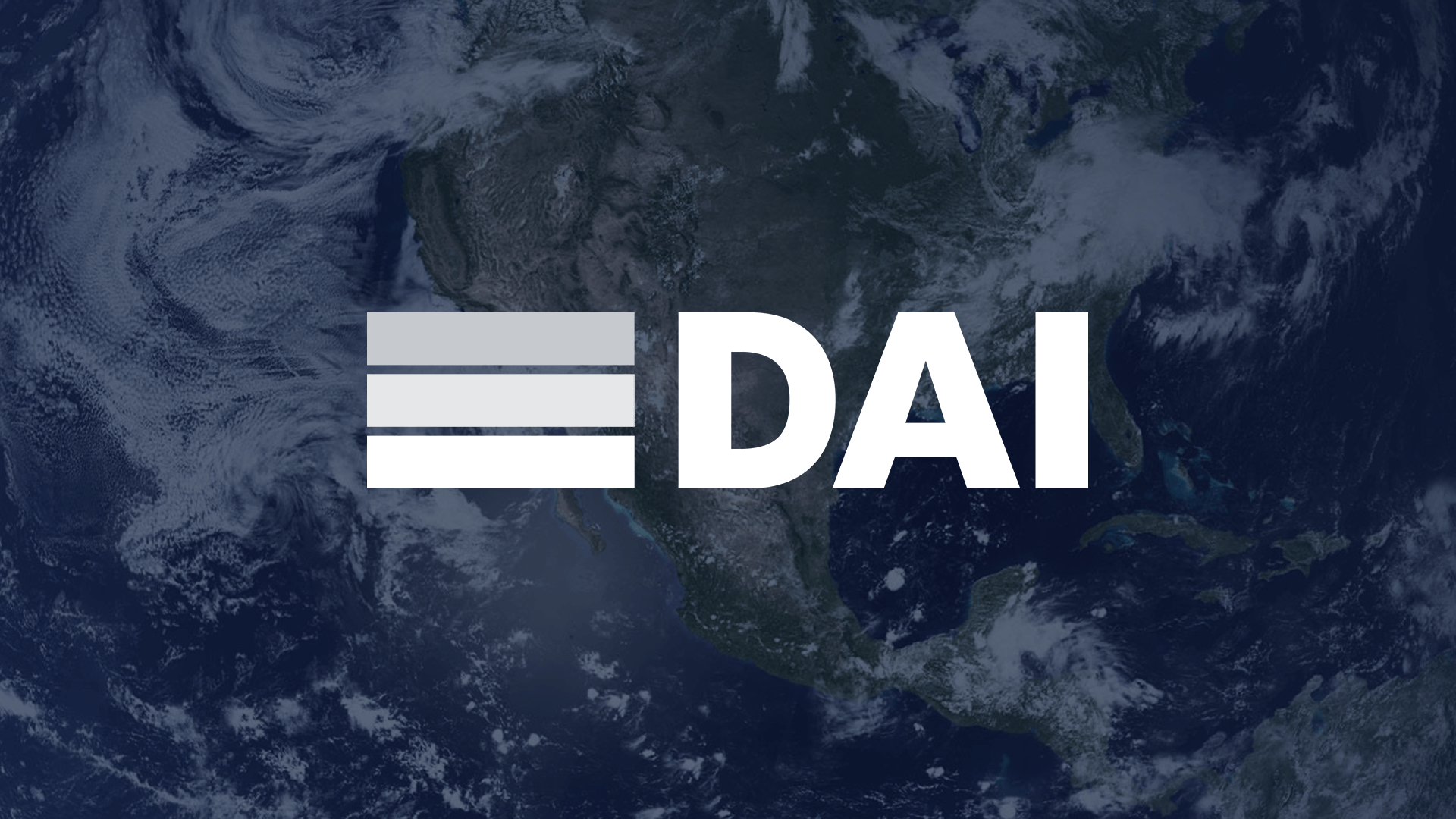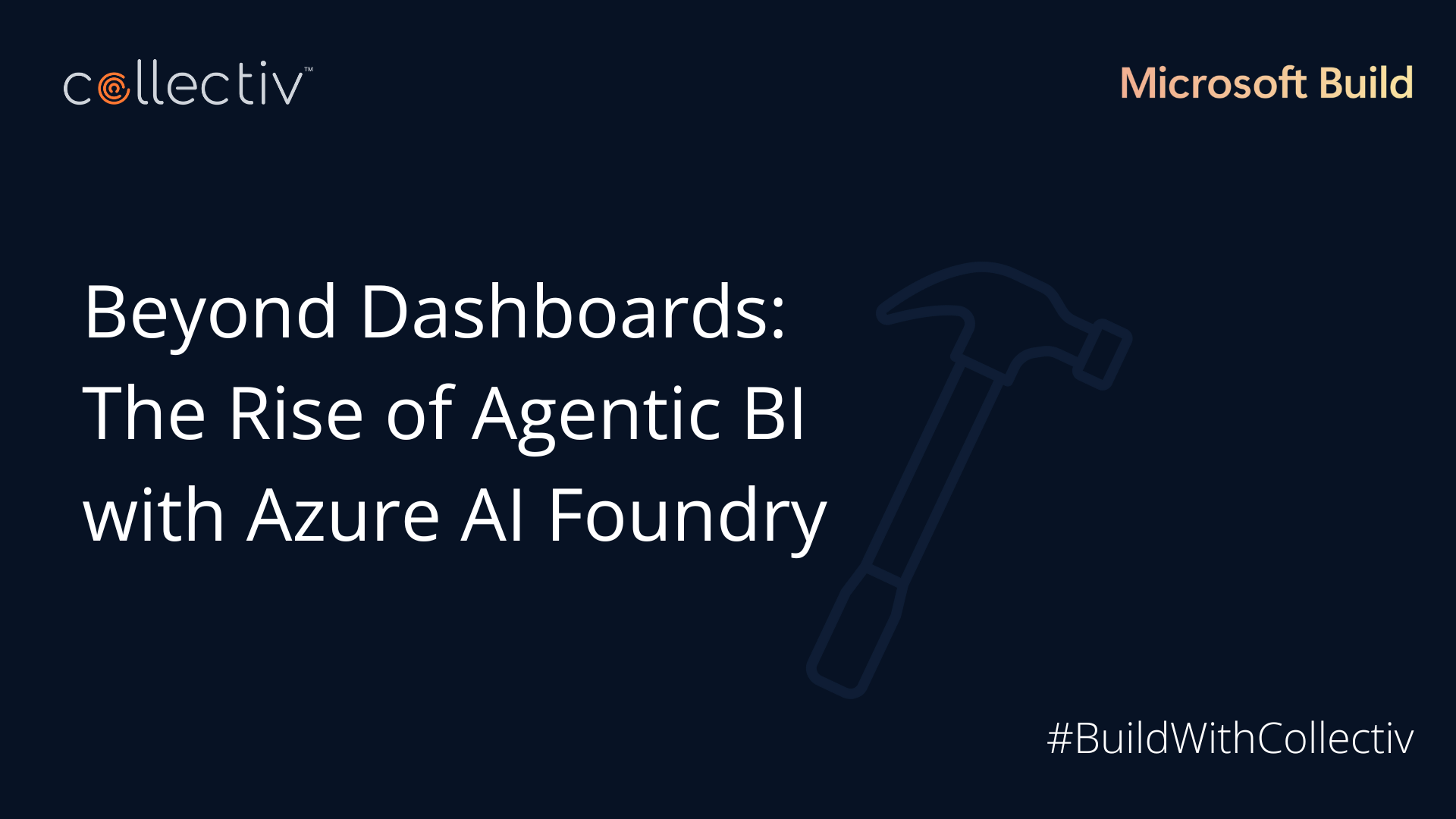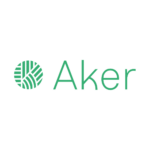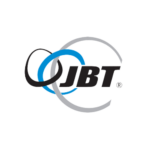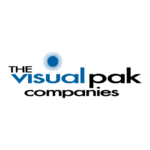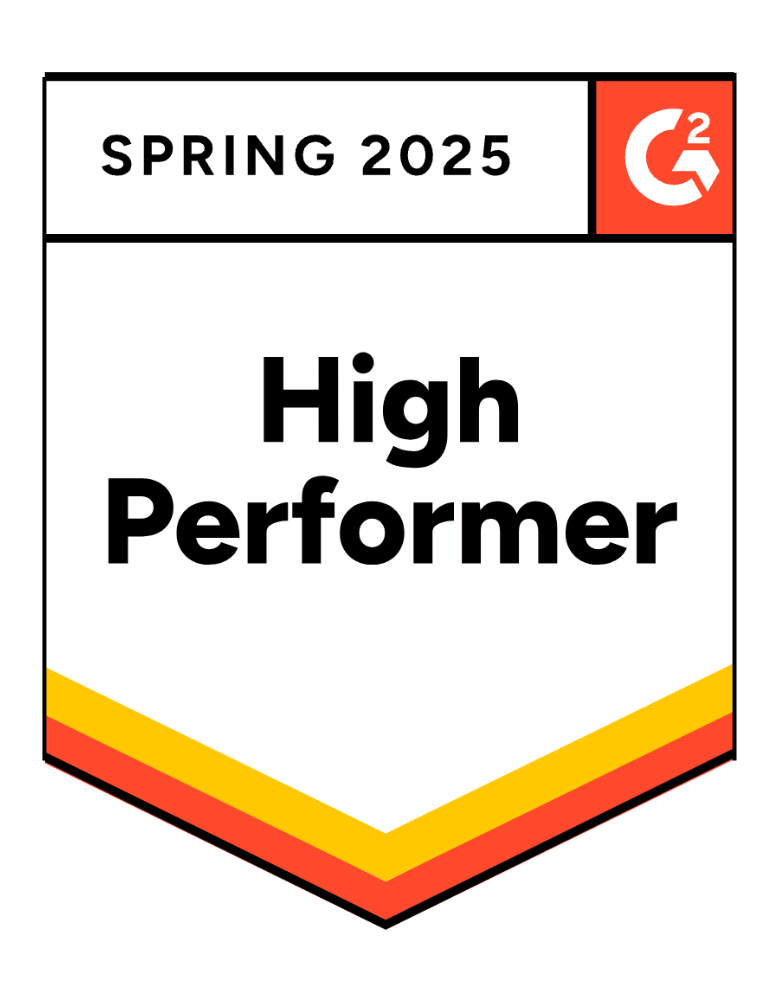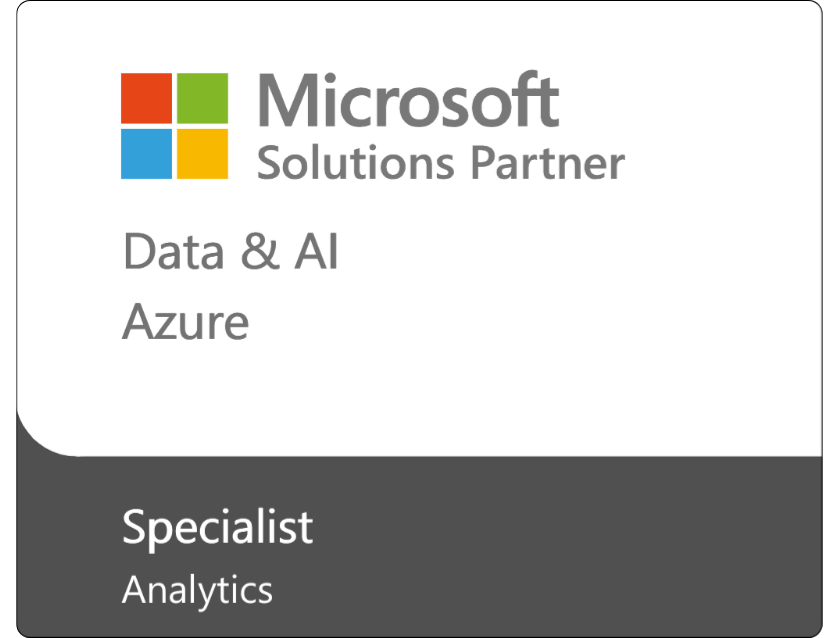DAI had business needs that Power BI could solve, but it was a question of how for Matt Mowrey.
Matt is the Senior Director of Finance, Analytics, and Business Performance at DAI, an international development organization that has worked in more than 150 countries since 1970, implementing foreign aid projects for multilateral donors.
Multiple business units at DAI operated with its own financial planning process. Each business unit had various degrees of abilities that needed to be level set. Working with a legacy financial planning analysis system was the biggest challenge for Matt’s 15-person team. As time went on, the solution got closer to the definitive end of life.
The DAI team started going down the road with a popular and reliable FP&A solution. But the solution didn’t provide the full functionality or flexibility they needed. Matt set out to find not only a better financial planning analysis system, but also a robust business intelligence solution that would serve DAI’s business needs and future-proof their organization.
Getting Stakeholder Buy-In with a Power BI Proof of Concept
In addition to directing a finance, accounting, and business intelligence team, Matt is an experienced Power BI developer who used the platform long before Power BI became a household name. To meet DAI’s needs, Matt developed a solution that utilized Power BI based on an extensive tabular data model.
Being that DAI is a project-based firm, every project has its own financial forecast. Matt concluded that each project needed individual Power BI data modeling. He wasn’t sure how to take this model to the enterprise-level—making it efficient, flexible, and adaptable for various business unit nuances.
Planning and analytics is a specialized discipline and DAI’s experience with previous consulting firms was less than ideal. Matt and his team decided a proof of concept was needed to eliminate risk and sell this new Power Bi approach to their C-level.
Utilizing its Sprint Start (proof of concept) program, the Collectiv team set out to address one of the most complex portions of DAI’s business. Matt’s model was highly informative—and a great starting point—but it needed to be rationalized and brought into line with enterprise best practices.
The Sprint Start was successful in fine-tuning Matt’s existing Power BI model and taking his data modeling approach to the next level. These enhancements proved that Power BI was undoubtedly the best tool for the job and won over DAI’s senior stakeholders.
During this process, Matt began to visualize new capabilities and opportunities that were now possible, with guidance from Collectiv.
“Right off the bat, I was able to understand the exact solution Collectiv had to offer. They figured out how to turn Power BI into an effective planning and financial reporting solution.”
A Data Discovery Program Uncovers New Opportunities
In a time when many people claim to be experts in this area, Matt was pleasantly surprised to find that the team of Power BI experts at Collectiv were more than able to deliver on their promise.
“It’s similar to the difference between two doctors,” Matt said. “You just know one doctor is really good at what they do and this inspires confidence. But, the other doctor? You don’t trust that the second doctor has what it takes to keep you alive and well.”
After the Sprint Start program was completed, DAI embarked upon an enterprise-wide BI and planning project. DAI started the project with support from Collectiv’s Data Discovery program.
This onsite program facilitated a deep-dive process that enabled Collectiv to interview DAI personnel, analyze and document the types of data sources (Oracle ERP and Dynamics CRM) along with their associated processes of how data is currently collected, stored, planned and reported against.
The resulting document and data matrix produced from the Data Discovery program will not only guide the project build and create more effective internal processes. This in-depth document serves as a critical blueprint for future IT and analytics efforts for the DAI team.
The desire to both satisfy the current needs of DAI and future-proof the organization sparked a number of recommendations from Collectiv, including a suite of Microsoft Azure tools (Azure Data Factory, Azure Data Lake, Data Bricks, and Azure SQL).
With these new services and processes in place, DAI can quickly and effortlessly adapt to change and evolve to meet future BI and planning needs.
“I really like the way the Collectiv team operates. They ask the right questions and always stay a couple of steps ahead. They have helped us build consensus internally and bring everyone together. Collectiv has certainly shaped how we’re moving forward, how we’re thinking about the future, and how everything will be governed.”
21st Century Thinking Around Data and Business Intelligence
Matt and his team are only a few weeks into their implementation and they are already thinking about data in a new forward-looking way. They are working more efficiently with their enhanced Power BI data modeling approach as well.
Before, with their legacy system, the DAI team worked for six months and still didn’t have a working solution. With Collectiv, they had results after only a few weeks of work.
Now DAI operates with a truly agile development method. If there is a problem, the right people are already in place to fix the issue. Collaboration has improved as well. More productive conversations are happening across business units, bringing people together to achieve organizational objectives.
Changing an established organization’s approach to data and business intelligence is never an easy leap to make. According to Matt, “Collectiv helped bring 21st century thinking around data and business intelligence” to his organization.
As a whole, the DAI team has a clear direction about how their data will be utilized and governed—and they are thinking even more strategically about their future.
It’s time to think about your data in a new forward-looking way. Start with a Collectiv program.

